Introduction
Undergraduate Program
The major that students study in a university affects their life path. Our English language and literature department has been working on becoming a most essential department. We have various established subjects: courses for studying linguistics and literature, and courses for English acquisition, command of language, and interpretation. The educational courses are divided into two parts: one is basic and the other is advanced major courses. Foreign professors teach general education conversation courses. Studying language and literature will help students understand English holistically, and practicing English will help students lead in the 21st century. It is time for students and professors to work together to help shape the future and to enlarge our vision with our sister universities in the States.
Professors
| Name |
Position |
Picture |
Major |
Final degree school |
E-mail |
| Koo Bonchul |
Professor |
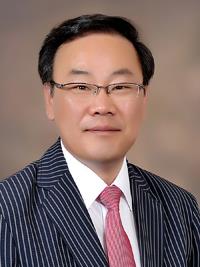
|
English-American culture, global culture, and translation |
PostDoc. University of California, Riverside |
kbc@dongguk.ac.kr |
| Kim Young hoon |
Professor |
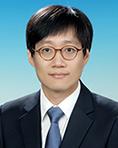
|
English Literature (American Culture, American Television Drama) |
Ph.D., University of Alberta. |
saha.bluebook@gmail.com |
| Song mean young |
Professor |
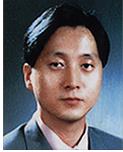
|
Linguistic (Semantics, Pragmatics) |
Ph.D., in Linguistics, University of Georgetown |
songmy@dongguk.ac.kr |
Curriculum
Understanding Global Literature, Practice of English Listening, Understanding the Clash of Cultures, English Grammar and Writing, Global Area Studies, Introduction to English Literature, The History of American Literature, English Phonology, Practice of English ConversationⅠ, Introduction to English Linguistics, Career Exploration of English Literature, English Reading, Introduction to English Translation, English Grammar, Practice of English Conversation II, Special Lecture on Advanced English, Children’s Literature and Storytelling, British Culture & American Culture, English Presentation, English Syntax, Understanding English and American drama, English Writing, Seminar for English for Employment, Internship of English LiteratureⅠ, Seminar on American Culture, Gyeongju and English Capstone Design, Translation and Creation Capstone Design, English Education contents development Capstone Design, Internship of English Literature II, Modern American Novel, British & American Literary Criticism, Theory and Practice of English Literature Translation, Semantics, Computational English Linguistics, Understanding English and American Poetry, English and Society, Postmodern Culture Theory, Internship of English Literature III, Internship of English Literature IV, The Theory of English Language Education, Research & Instruction Methods for using English Textbooks, English Logics and Essay
Introduction
Undergraduate Program
The department was opened in 1979 when Dongguk, Gyeongju was founded. To understand Japan, which is close in distance and culture, it is necessary to know its language and literary works. The aim of the department is to produce specialists in Japanese through teaching students the language and literature. Useful curriculum and excellent professors help students excel in this field. Many of our students have studied at sister schools in Japan through our student exchange program. There are some programs which help students improve their language skills: one is academic clubs and mentoring, another is cultural exchanges through visiting Japan and communicating in Japanese. Up until now, there are countless graduates in the department. Some work as professors, teachers, instructors, and businessmen, or others study in Japan. Japanese majors have played a key role in the development of society, and they will be leaders of the new century.
Professors
| Name |
Position |
Picture |
Major |
Final degree school |
E-mail |
| Lee Chang Jong |
Professor |
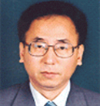
|
Japanese Literature |
Ph.D., Hokkaido Univ. |
lcj@dongguk.ac.kr |
| Cho ae sook |
Professor |
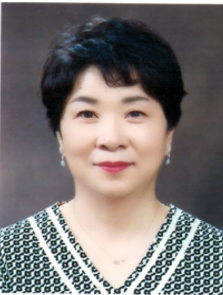
|
Japanese Language |
Ph.D., Tsukuba Univ. |
choaesook@dongguk.ac.kr |
| Lee Hong Chun |
Professor |
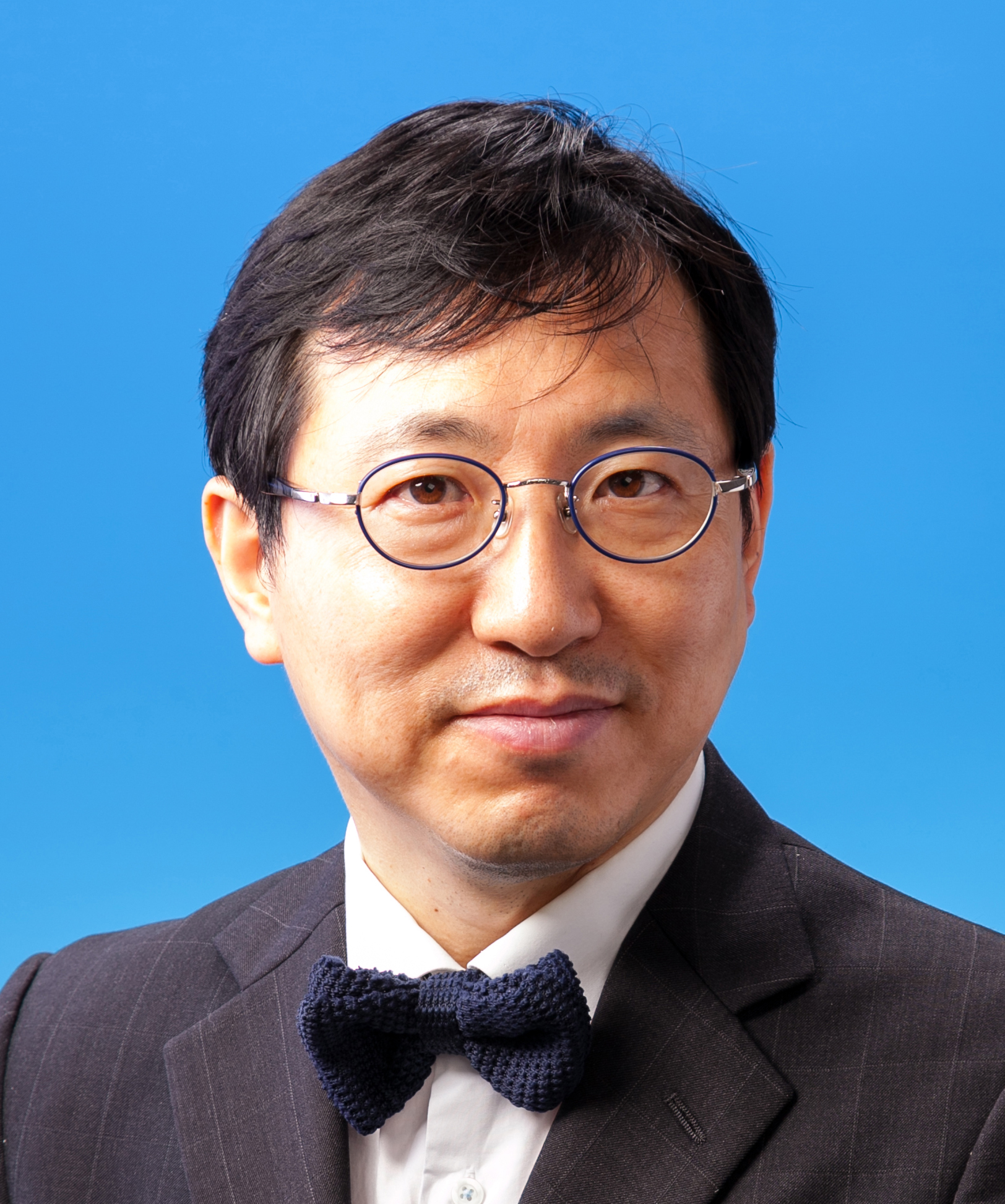
|
Media Policy, Politics/International Communications |
Ph.D., Keio Univ. |
hongchun_dug@dongguk.ac.kr |
Curriculum
Understanding Global Literature, Understanding the Clash of Cultures, Introduction of Japanese Studies, Basic Japanese Ⅰ, Basic Japanese Ⅱ, Chinese Character of Basic Japanese Ⅰ, Japanese Sentence Structure Expression, Japanese Pronunciation and Listening Ⅰ, Chinese Character of Basic Japanese Ⅱ, Japanese Pronunciation and Listening Ⅱ, Japanese Grammar Ⅰ, Japanese Conversation Ⅰ, Career Exploration of Japanese Language & Literature, Japanese Grammar Ⅱ, Reading of Japanese, Japanese Converstion Ⅱ, Japanese Composition, Modern Japanese Culture, Chinese Character in Japanese, Introduction to Japanese Literature, Japanese Conversation Ⅲ, Japanese Conversation Ⅳ, Internship of Japanese Language & Literature Ⅰ, Japanese Media, Understanding to Japanese Linguistics, Employment Seminar of Japanese Language & Literature, Business in Japanese, Seminar on Japanese Linguistics, Business Japanese Language Comprehensive Design, Internship of Japanese Language & Literature Ⅱ, Introduction to Japanese Literature, Japanese Conversation Ⅴ, Understanding to Japanese Literature, Drawing up a Japanese Business Document, Japanese Conversation Ⅵ, Internship of Japanese Language & Literature Ⅲ, Internship of Japanese Language & Literature Ⅳ, The Theory of Japanese Language Education, Research & Instruction Methods for Using English Textbooks, Japanese Logics and Essay
Introduction
Undergraduate Program
While the need for familiar understanding and exchange with China, the central axis of the world structure in the 21st century, is becoming more urgent, the Department of Chinese Literature aims to foster talent to play a pivotal role while responding to these demands of the times. To this end, the main purpose is to cultivate a systematic eye on Chinese literature, language, and culture accumulated from ancient times to modern times based on a high level of Chinese speaking ability so that it can combine humanistic knowledge. The curriculum of the Chinese Language, Literature Department was largely designed as a teaching course that could cultivate China literature, Chinese and secondary teachers.
Professors
| Name |
Position |
Picture |
Major |
Final degree school |
E-mail |
| Baik, Sung-Suk |
Professor |
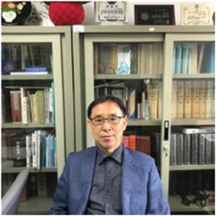
|
Chinese Language and Literature |
Ph.D., National Chengchi Univ. |
bss@dongguk.ac.kr |
| Kang, Jong-Im |
Department Chair |
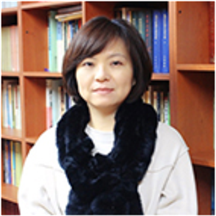
|
Chinese Literature and culture |
Ph.D., Nankai Univ. |
kjizen@dongguk.ac.kr |
| Lin, Lung-Chih |
Assistant Professor |
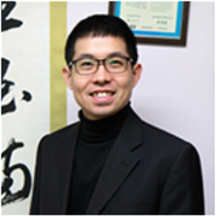
|
Chinese Language |
Ph.D., Kyung Pook National Univ. |
ticarp@hotmail.com |
| Guo Yao Yao |
Assistant Professor |
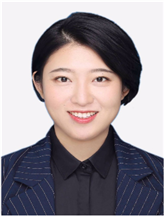
|
Chinese Language |
Ph.D., Chinese Academy of Social Sciences Univ. |
1023276175@qq.com |
Curriculum
Understanding Global Literature; Understanding the Clash of Cultures; Introduction to International Studies; Basic Chinese Practice 1; Basic Chinese Practice 2; Middle-course Chinese1; Introduction to Chinese Literature; Chinese Conversation1; Chinese Grammar; Career Exploration of Chinese language and literature; Middle-course Chinese2; History of Chinese Ancient Literature; Introduction to Chinese Linguistics; Middle-course Chinese Conversation2; Introduction to Chinese Characters; Middle-course Chinese Conversation3; Chinese Society in the View of Poem; Reaing in Classical Chinese Masterpieces ; Practice in Chinese &Korean Translation; Internship of Chinese Language and Literature 1,2,3,4; History of Modern Chinese Literature; Chinese Culture Contents; Chinese Masterpieces and the Humanities; Care job semina of Chinese language and literature; Practicing for High Level Chinese Certification; Romance of the Three Kingdoms and Strategy of Management; Understanding the Society and Culture of the Sinophone World; Trade & Practical Chinese; Chinese Pronunciation; Selected Readings in Chinese Poetry and Popular Music; Chinese culture UCC comprehensive design and utilization; The Theory of Chinese Language Education; Research & Instruction Methods for using Chinese Textbooks; Chinese Logics and Essay;











